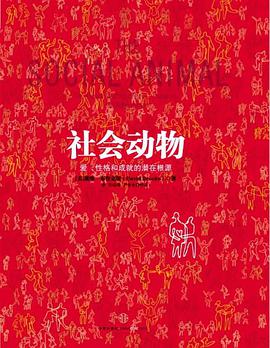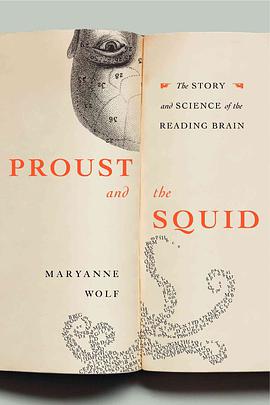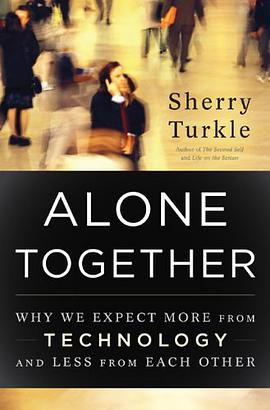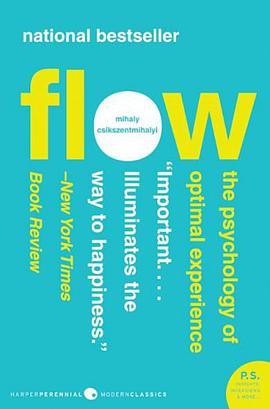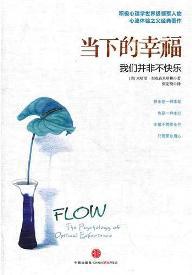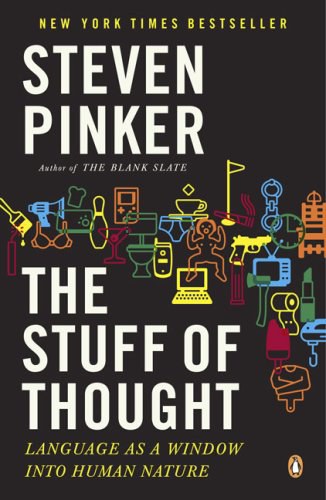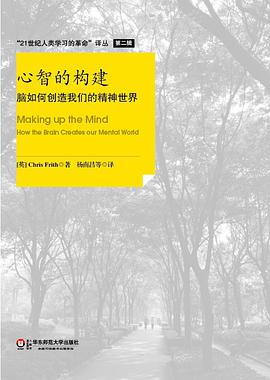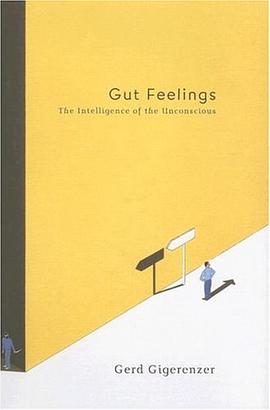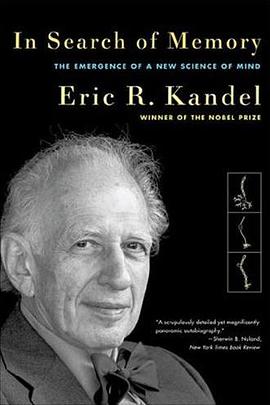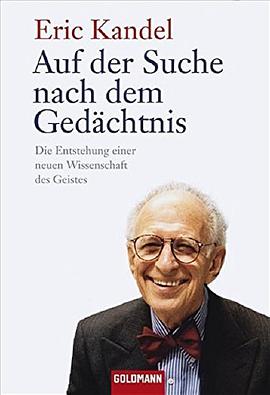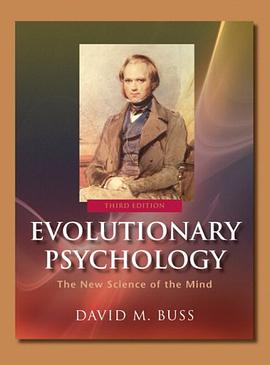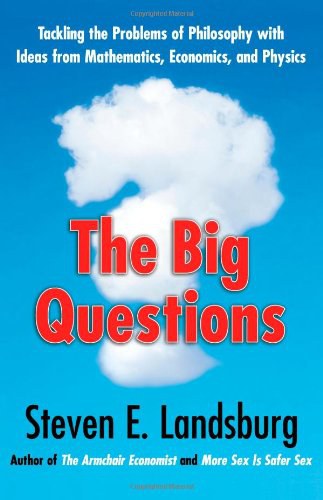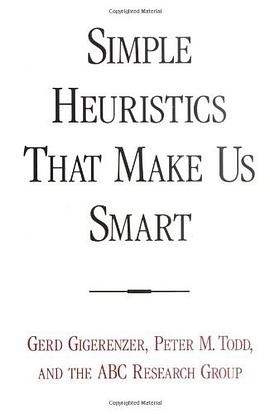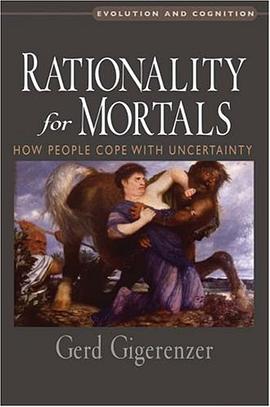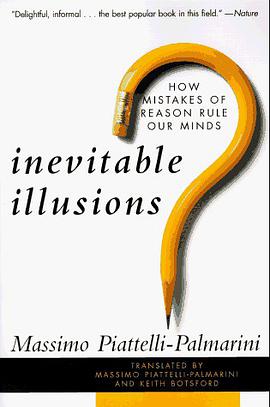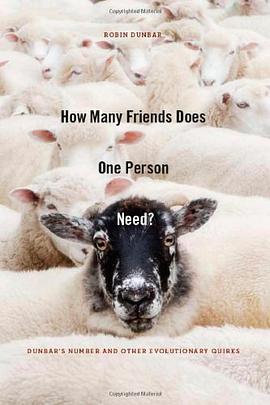Anyone who reads is bound to wonder, at least occasionally, about how those funny squiggles on a page magically turn into "Bare ruined choirs, where late the sweet birds sang" or "After a while I went out and left the hospital and walked back to the hotel in the rain." Where did this unlikely skill called reading come from? What happens in our brain when our eyes scan a line of type? Why do some of us, or some of our children, find it difficult to process the visual information held in words?
In Proust and the Squid, Maryanne Wolf, a professor at Tufts University and director of its Center for Reading and Language Research, offers explanations for all these questions, but with an emphasis that is "more biological and cognitive than cultural-historical." This means that Wolf focuses on the physiological character of the human brain, which holds at its disposal "three ingenious design principles: the capacity to make new connections among older structures; the capacity to form areas of exquisitely precise specialization for recognizing patterns in information, and the ability to learn to recruit and connect information from these areas automatically." These "design principles" provide the neuronal foundation of reading, and Wolf spends half her book explaining the evolution and minutiae of this "reading brain."
Nearly all this material makes for very hard slogging, even though Proust and the Squid is confidently described as the author's "first book for the general public." (The catchy but utterly uninformative title, by the way, refers to the novelist's impressionistic thoughts about childhood reading and a scientist's use of the squid brain for neurological research.) A work of popularization needs a light clear style, lots of anecdotes and some plot or story line that moves along at a good clip. At times, Wolf makes a stab at including some human-interest element or personal example, but all too soon she reverts to her normal prose, which is austere, technical and, finally, wearisome:
"In a pathbreaking meta-analysis of twenty-five imaging studies of different languages, cognitive scientists from the University of Pittsburgh found three great common regions used differentially across writing systems. In the first, the occipital-temporal area (which includes the hypothesized locus of 'neuronal recycling' for literacy), we become proficient visual specialists in whatever script we read. In the second, the frontal region around Broca's area, we become specialists in two different ways -- for phonemes in words and for their meanings. In the third, the multifunction region spanning the upper temporal lobes and the lower, adjacent parietal lobes, we recruit additional areas that help to process multiple elements of sounds and meanings, which are particularly important for alphabetic and syllabary systems."
Out of context such prose sounds perfectly dreadful -- and in context sadly characteristic of the writing in professional journals, no matter what the field. In fact, everything Wolf says makes sense, the specialized terms she uses have been previously defined, and there are line illustrations on a facing page. Nonetheless, such technical onslaughts are extremely tiring to read, and Wolf seldom lets up on the information-rich barrage for very long. At different points she does quote passages from Proust and George Eliot, but even these two great novelists are hardly what you'd call sprightly, and they merely add their own specific gravity to already forbidding pages.
In the second half of the book, Wolf examines the reading difficulties generally subsumed under the term dyslexia. We learn that one of her sons suffers from this disability, that there are various forms and theories about its origin and character, that it can sometimes result in a special talent for fields that emphasize pattern and spatial creativity (such as art, design and engineering) and that "programs which systematically and explicitly teach young readers phoneme awareness and grapheme-phoneme correspondence are far more successful in dealing with reading disabilities than other programs." As this last sentence makes evident, no relief awaits the once-eager reader who by this point has begun to wonder if he could be suffering from a sudden case of adult-onset dyslexia.
Despite Wolf's failure to write a truly popular book, she clearly does know her stuff, and those professionally involved with the teaching of reading might be more patient than I. In particular, she addresses the special needs of children raised in cultures where standard English isn't the dominant language, and she speculates, with real concern, about the impact of computer culture on the "reading brain." Dyslexia has taught her that humans were never genetically designed to read, and this peculiar technique of sustained mental attention could be reduced, reconfigured or even lost in the rising digital age:
"Will unguided information lead to an illusion of knowledge, and thus curtail the more difficult, time-consuming, critical thought processes that lead to knowledge itself? Will the split-second immediacy of information gained from a search engine and the sheer volume of what is available derail the slower, more deliberative processes that deepen our understanding of complex concepts, of another's inner thought processes, and of our own consciousness?"
Wolf never fully answers these questions, though they strike me as the basis for a much needed book. Still, like any parent with a child transfixed by flashing screens, she is troubled by what she observes. She urges that we "teach our children to be 'bitextual' " or 'multitextual,' able to read and analyze texts flexibly in different ways" so that our sons and daughters don't end up as mere "decoders of information," distracted from the "deeper development of their intellectual potential." Early on in Proust and the Squid, she had noted that infants and toddlers who aren't told stories by their caregivers, who aren't read to from a very early age, nearly always fail to learn to read well themselves. By implication, it may already be too late for many young people: They will never be able to read with the same thoughtfulness and comprehension as their parents. Think about that.
